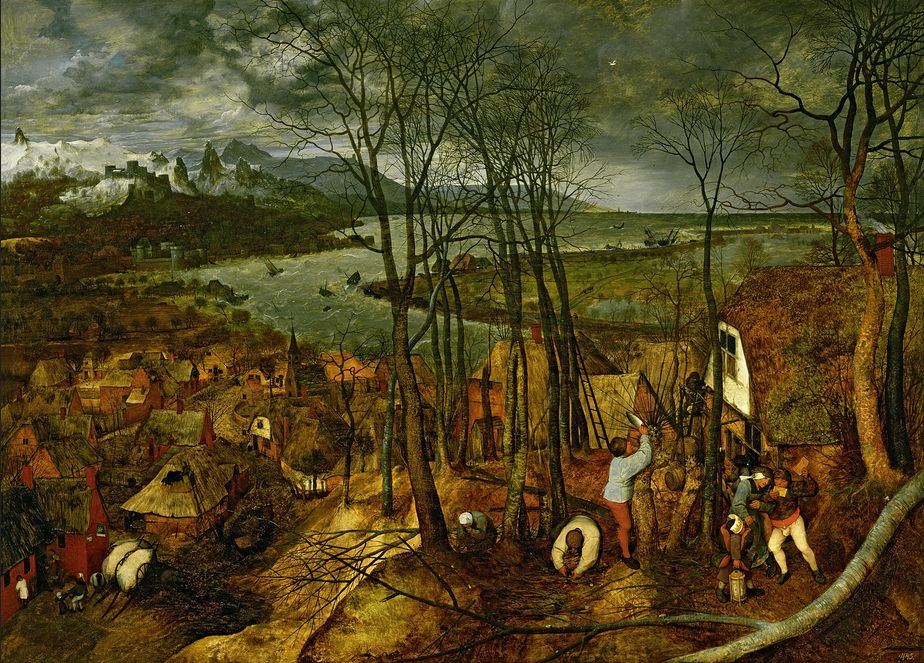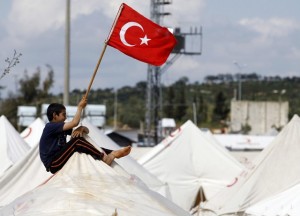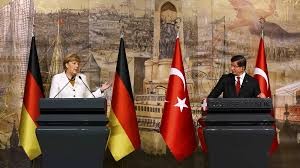By Michael Cottakis
Support for the EU is highest amongst Europe’s young. This is, perhaps, unsurprising. After all, we are talking about the Erasmus or EasyJet generation of cheap travel and study abroad; the first in Europe’s history to grow up without the imminent threat of war. With a growing number of this group feeling themselves to be “European”, there are inklings amongst the youth of an emerging transnational citizenship.
Yet whilst 75% of Britons under the age of 30 voted to Remain in the EU during the recent referendum, stats show that only 40% turned up to vote. This trend is repeated in Greece, where a mere 30% of this age group voted at the last general elections; whilst Spain, Italy and France exhibit similar tendencies. These attest to an increasing disinterest and frustration amongst the European youth, deriving partly from the failure of the EU (and its member states) to contain the damaging effects of the Eurozone and refugee crises; but also from a sense of hopelessness – that their ideas are brushed aside, and their concerns ignored.
In the years since 2008, young Europeans have suffered more than most. With youth unemployment in the South hovering above 50%, and career prospects non-existent, the risk that the Millennials will become a ‘lost generation’ is a real one. Cynicism and disinterest in politics, against such a backdrop, is understandable.
However, now is not the time for disengagement. Europe faces its worst crisis since the Second World War. The once-assured liberal international consensus has been eroded, with new political battle lines being drawn. In Europe these are expressed by the tussle between Europeanists and nationalists. It is a battle that will likely define the next decade.
With young Europeans forming a central component of this first group, their efforts to stem the populist nationalist tide will be crucial. To do this, Europe’s young must turn their frustration into ambition to help build a united European space that works better for all its citizens. The 1989 Generation Initiative emerged out of this thinking. Founded in London in 2015, its aim is to ‘regenerate’ Europe through the ideas and actions of its younger citizens. Its reaction to Brexit has been to open four new branches in separate European countries.












